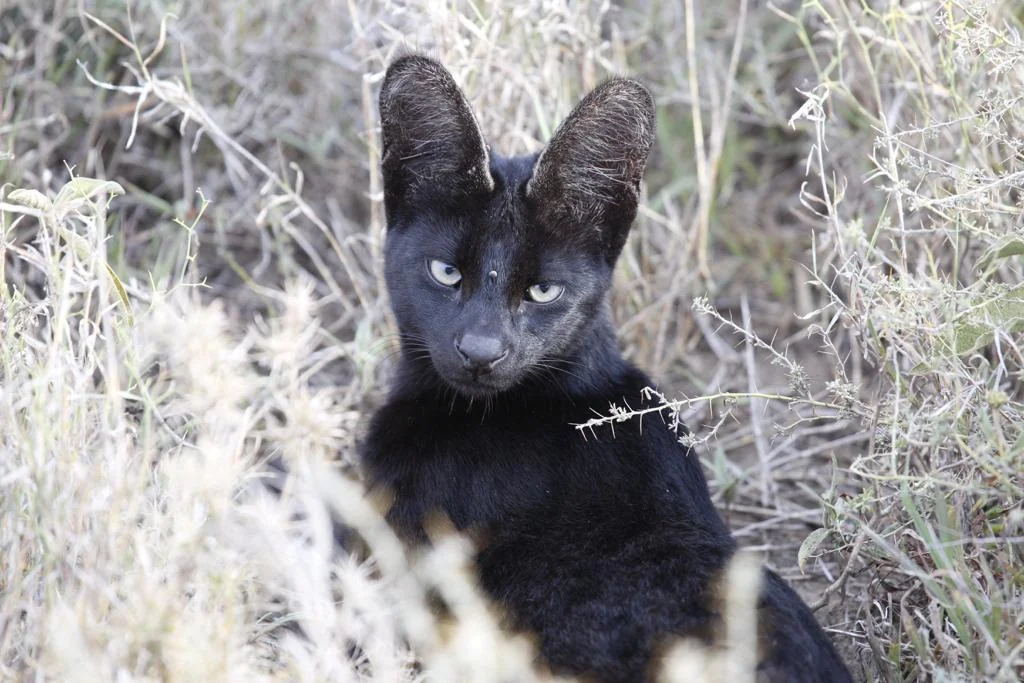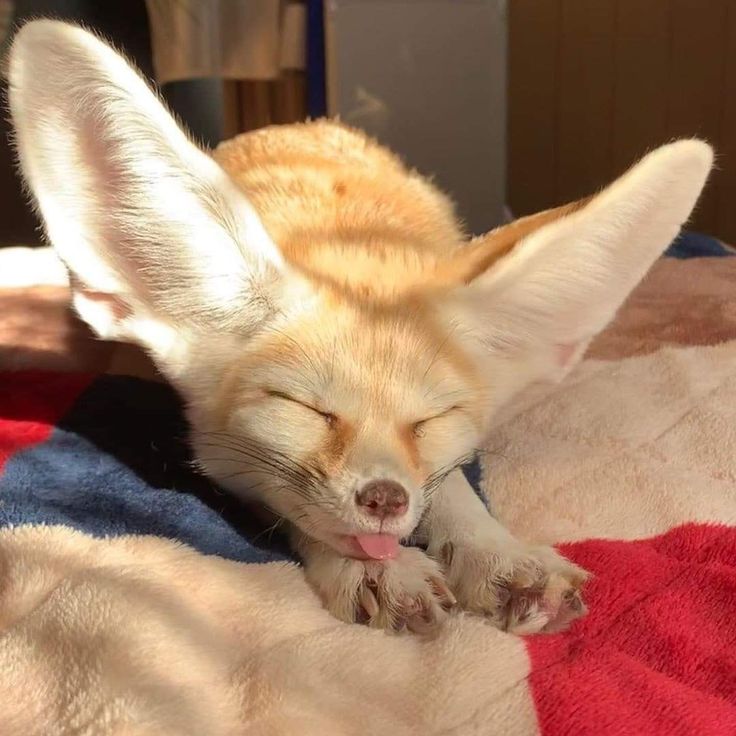
30 Animals That Have Been Banned Around The World
1. Rhesus Monkeys

Image source: Reddit
Rhesus monkeys have been banned in some U.S. States because of concerns regarding Herpes B which the animals can carry. What's scary is that the disease can be passed on to humans, so can pose a real public health risk. The monkeys can be aggressive and difficult to manage as pets.Advertisement
2. African Rock Pythons
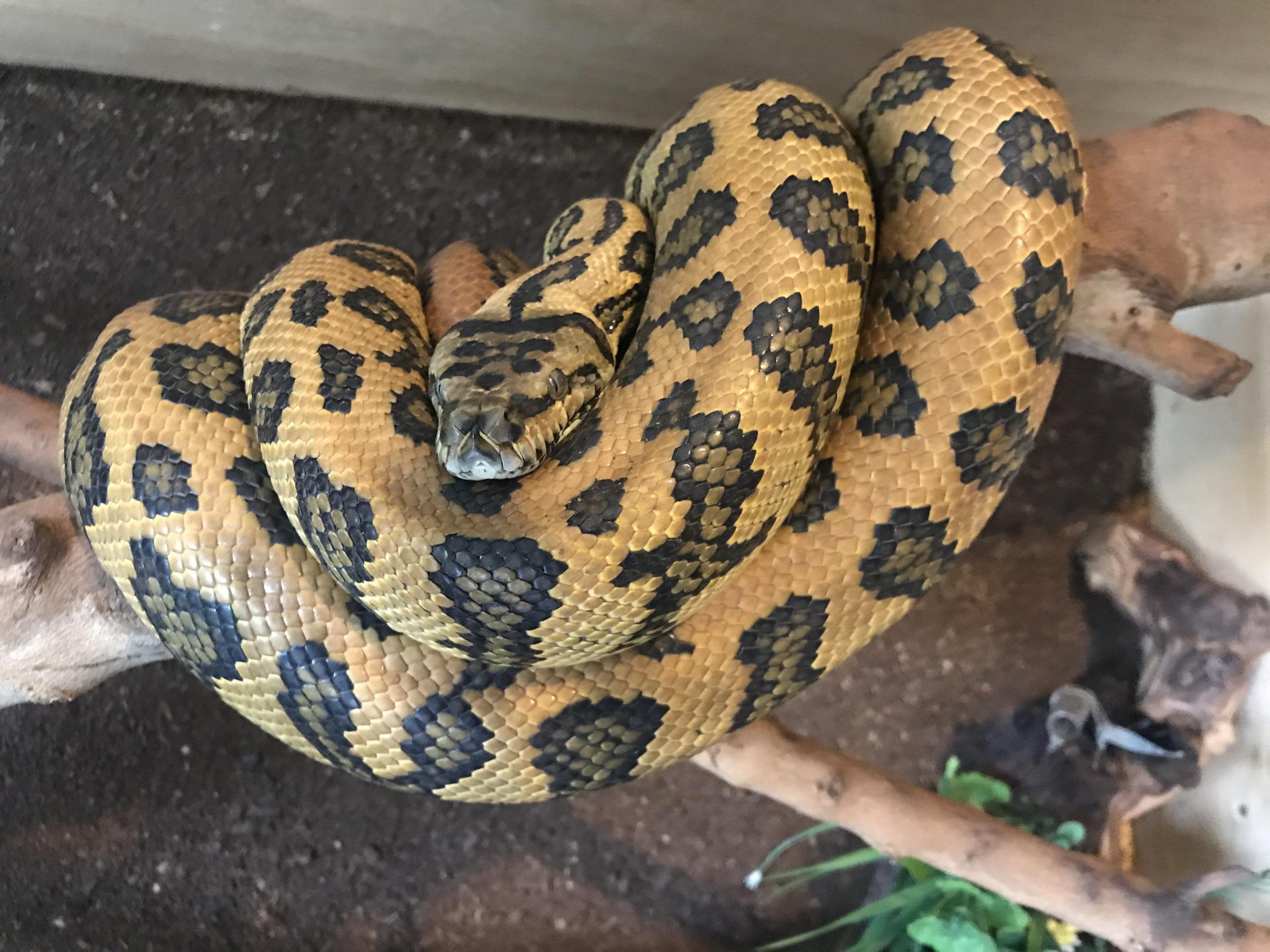
Image source: Reddit
These large constrictor snakes are banned in many American States due to the dangers they pose in being kept as pets. African rock pythons grow to around 20 feet in length, which is huge and they have been responsible for severe incidents which haven't ended well!Advertisement
3. Marmosets and Tamarins
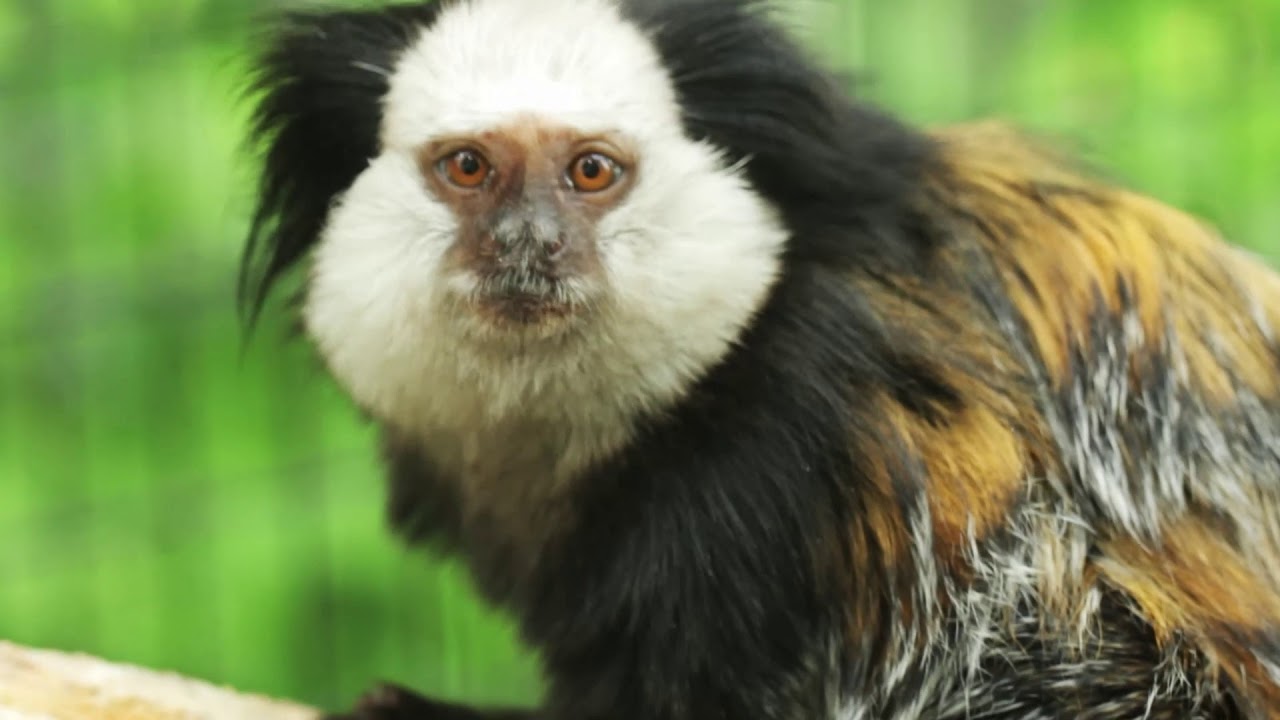
Image source: Reddit
Banned in several states due to potential health risks and their exotic nature, marmosets and tamarins have specific dietary and and social requirements. They carry diseases which can be passed on to us and so regulations are in place to minimize the risk to humans.Advertisement
4. Green Iguanas
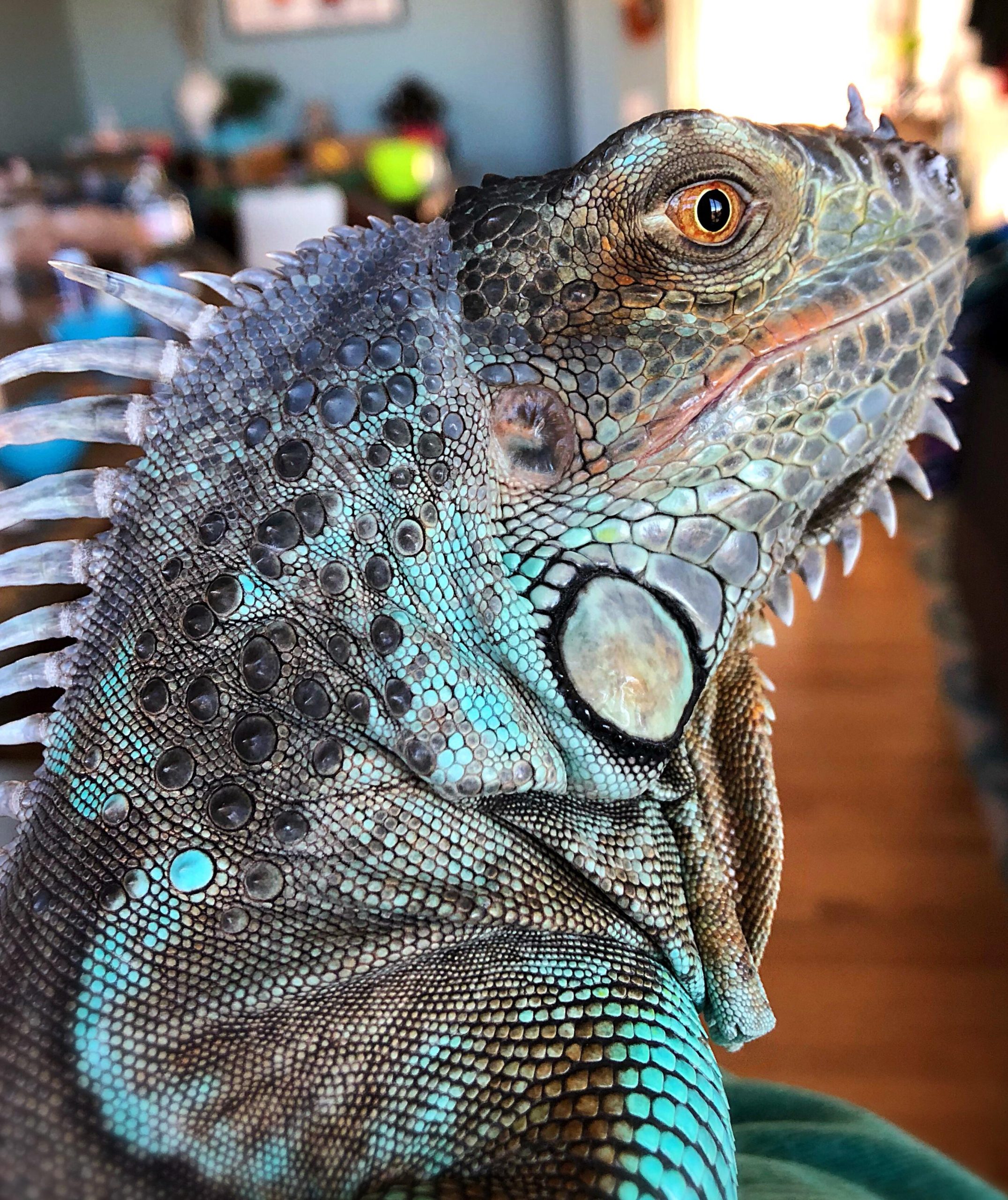
Image source: Reddit
Green iguanas are banned in Hawaii due to the invasive nature of the reptile. They are known to disrupt the local ecosystems and as Hawaii has a very unique and delicate ecosystem, this could potentially be disastrous for the State. Green iguanas are also a threat to the environment and to agriculture.Advertisement
5. Piranhas
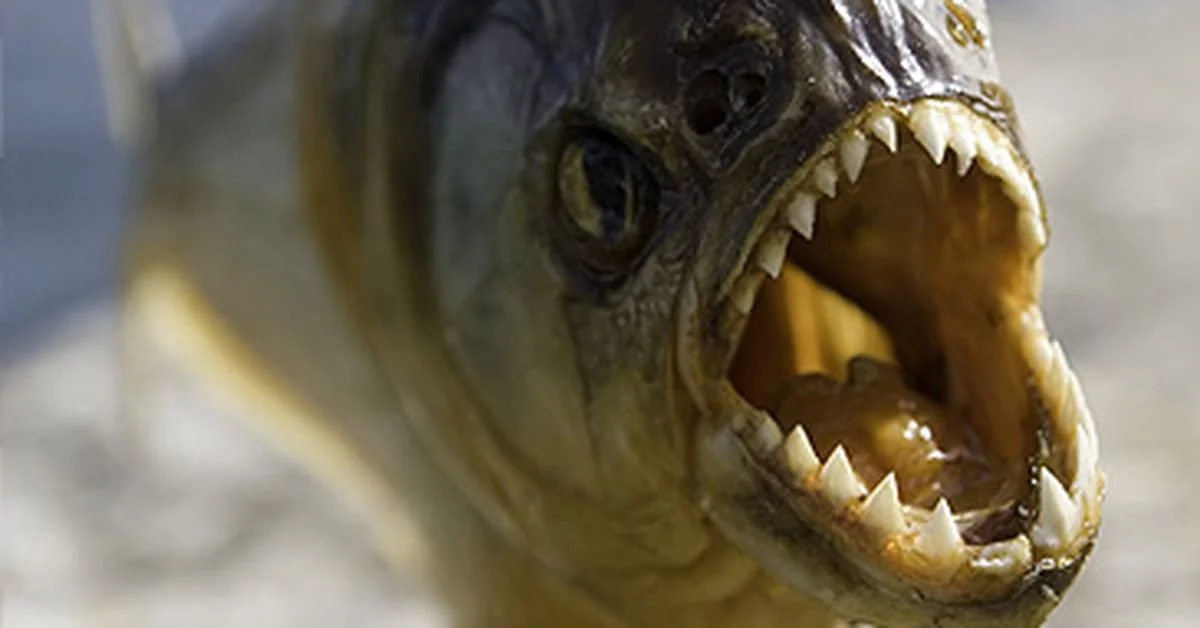
Image source: Reddit
It's no surprise that piranhas have been banned in many States due to their aggressive nature. After all, their feeding frenzies and ultra sharp teeth are enough to frighten even the bravest! Besides the local ecosystems, piranhas are a threat to human safety.Advertisement
6. Chimpanzees

Image source: Reddit
Chimpanzees are very intelligent. They are either fully banned or subject to strict regulations in several countries and regions. The reasons include concerns over ethical considerations, animal welfare and public safety. There are also conservation issues.Advertisement
7. Fennec Foxes

Image source: Reddit
Fennec foxes are exotic pets and banned in some areas because of concerns surrounding their welfare. They are small desert foxes and have specialized needs. Much like a multitude of animals, fennec foxes can transmit diseases to humans (zoonotic diseases)!Advertisement
8. Owls
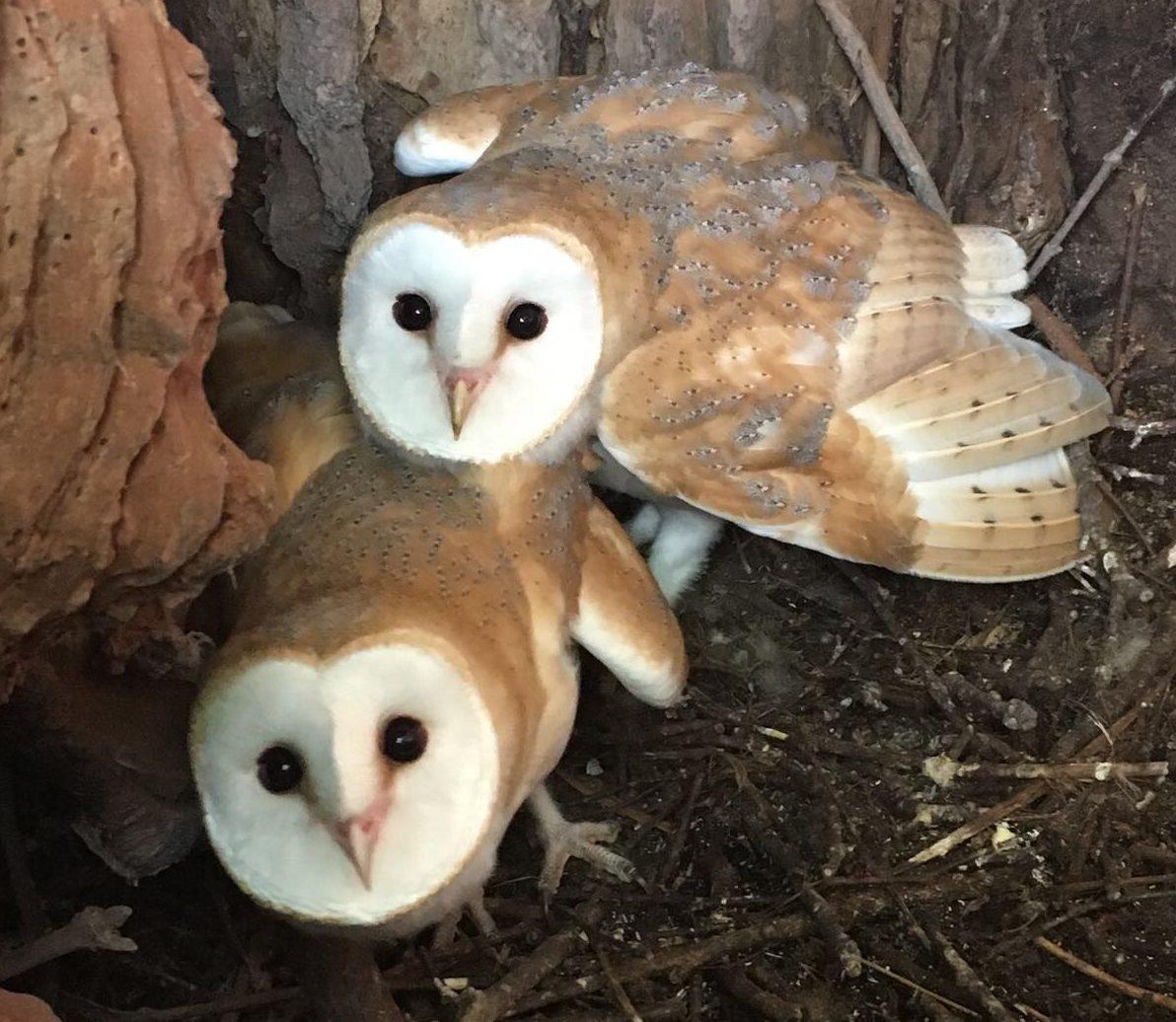
Image source: Reddit
Owls are protected under wildlife laws and are banned to keep as pets in several countries. Folklore tells us that owls are associated with wisdom but the truth is they require specific care. Bans and regulations vary in different countries, for different reasons.Advertisement
9. Komodo Dragon
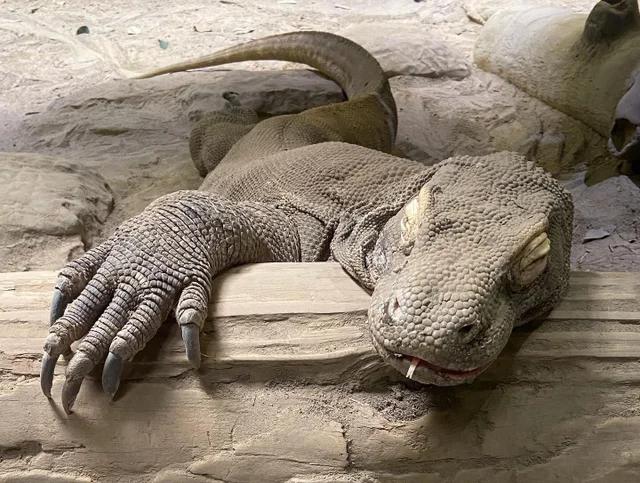
Image source: Reddit
Komodo dragons are banned as pets due to their sheer size and potential danger to humans. They are the world's largest lizards and can be dangerous. They risk suffering from inadequate care and unsuitable housing. Improper handling can damage the dragon.Advertisement
10. Hedgehogs
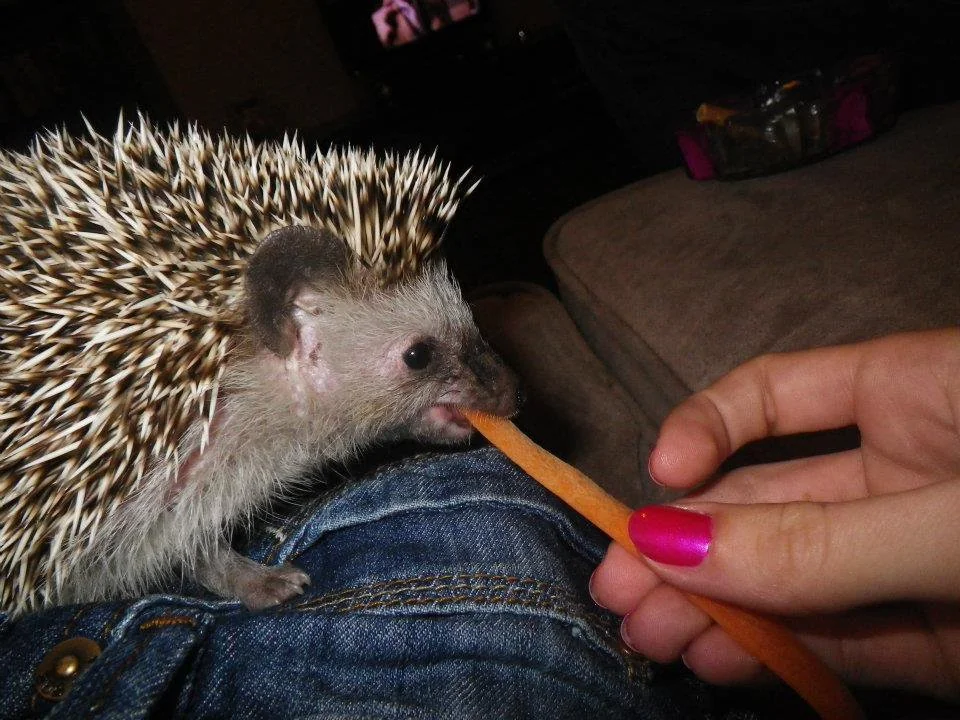
Image source: Reddit
This is a surprising one. Hedgehogs are actually banned in some U.S. states and this is because of concerns about their potential to disrupt local ecosystems. Hedgehogs may carry diseases and try to compete with native wildlife. Who would have thought these cute little animals could cause such disruption!Advertisement
11. Meerkats
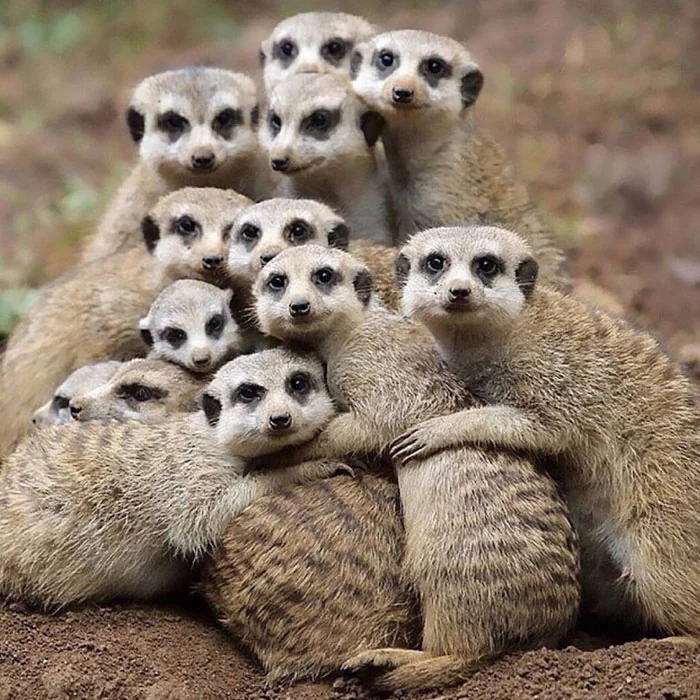
Image source: Reddit
Meerkats are very social animals and that's why they live in groups. They aren't native to all countries and by introducing them to regions where they aren't native, could disrupt local ecosystems. Meerkats may prey upon or compete with other species, leaving a negative impact.Advertisement
12. Sugar Gliders

Image source: Reddit
Have you heard of sugar gliders? They are a small marsupial found in Australia and New Guinea. Sugar gliders are banned in some countries for ecological impact reasons, for animal welfare and for the protection of native wildlife. As you can see from our image, they are partial to papaya.Advertisement
13. Wild Boars
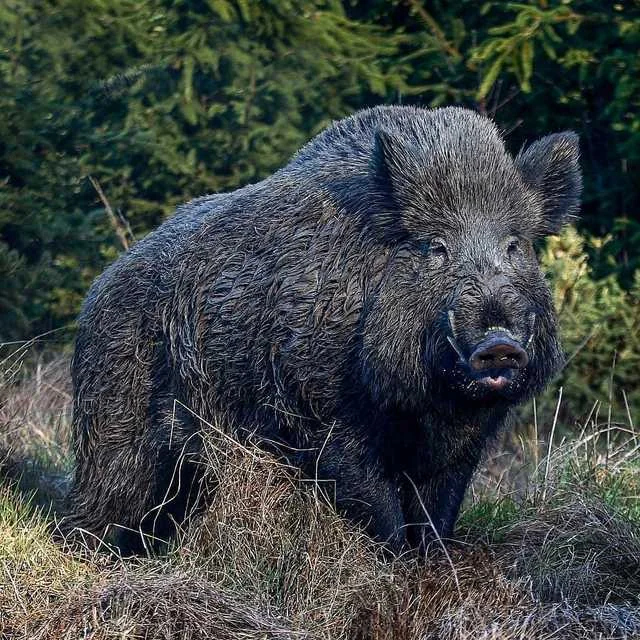
Image source: Reddit
He's a big lad! Wild boars are banned for various reasons. They can damage crops and carry the destructive African swine fever. If not banned, their presence is regulated to stop them spreading. Wild boars are not typically aggressive towards humans but will attack if threatened.Advertisement
14. African Elephants

Image source: Reddit
Some countries have banned African elephants as they are huge and regularly targeted by illegal wildlife trade. These beautiful animals are classified as vulnerable due to poaching for its valuable ivory and strict regulations are in place to protect them from further decline.Advertisement
15. Wild Skunks
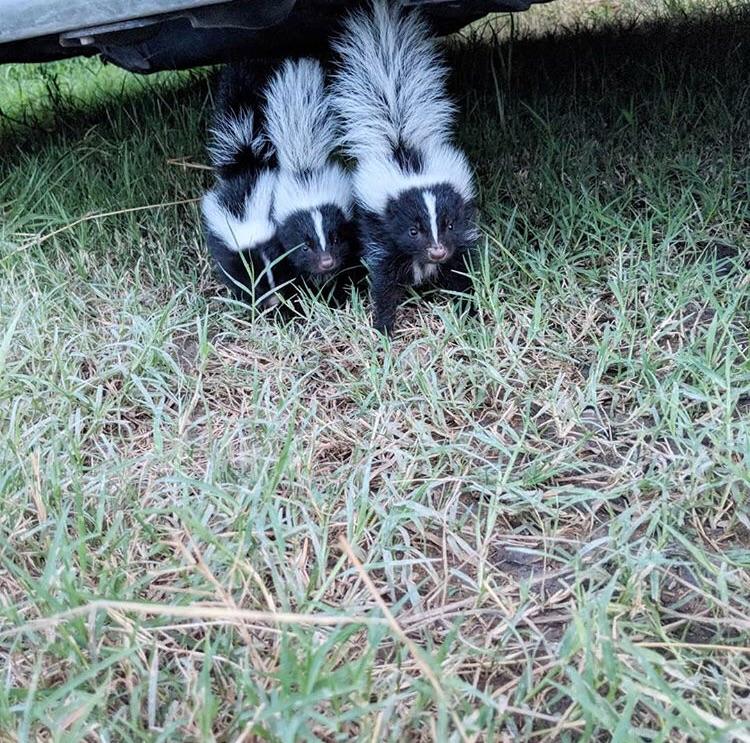
Image source: Reddit
Wild skunks are best known for the strong smelling spray they release when they feel threatened, as a defence mechanism. It really is a foul odor! When the wild skunks are unnerved, they can become aggressive and will attack humans and domestic animals.Advertisement
16. Cheetahs
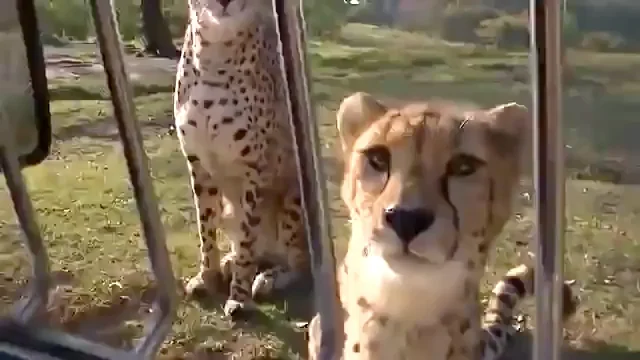
Image source: Reddit
Cheetahs are banned in a substantial number of countries because of their status as being an endangered species. To keep a cheetah as a pet can contribute to the illegal wildlife trade. They can get involved in a human-wildlife conflict and can be subject to poaching.Advertisement
17. Capybaras
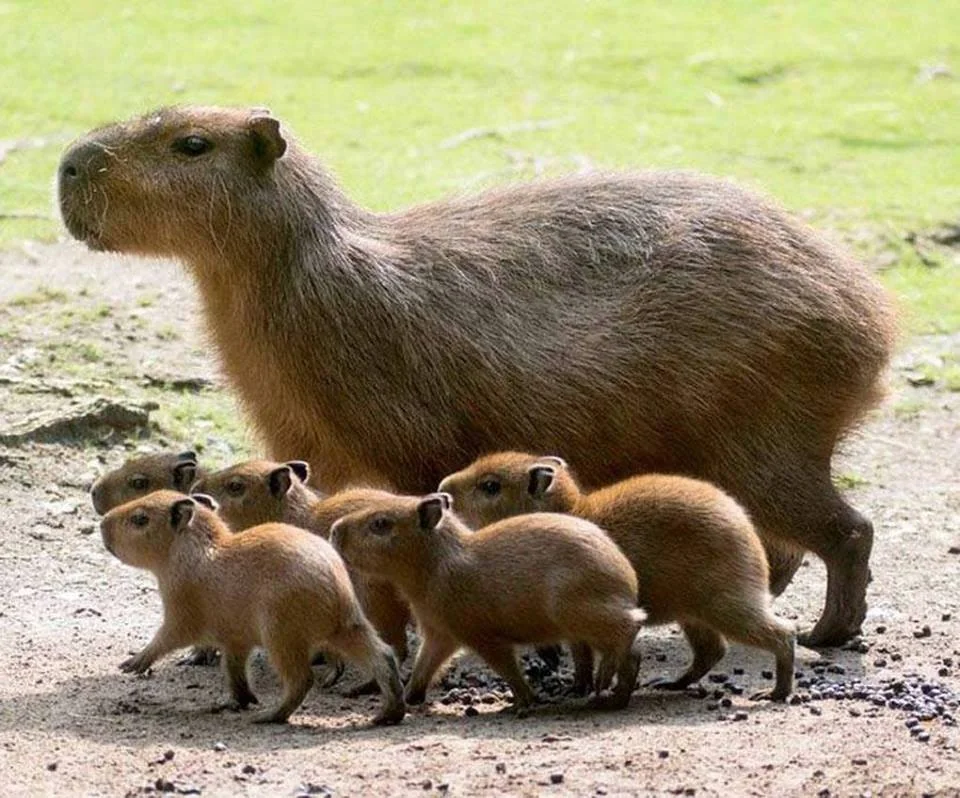
Image source: Reddit
Capybaras are the largest rodents in the world, native to South America and are banned in some areas as they are considered to be exotic wildlife. Introducing them to a non native environment could disrupt local ecosystems and could threaten local conservation projects.Advertisement
18. Kinkajous
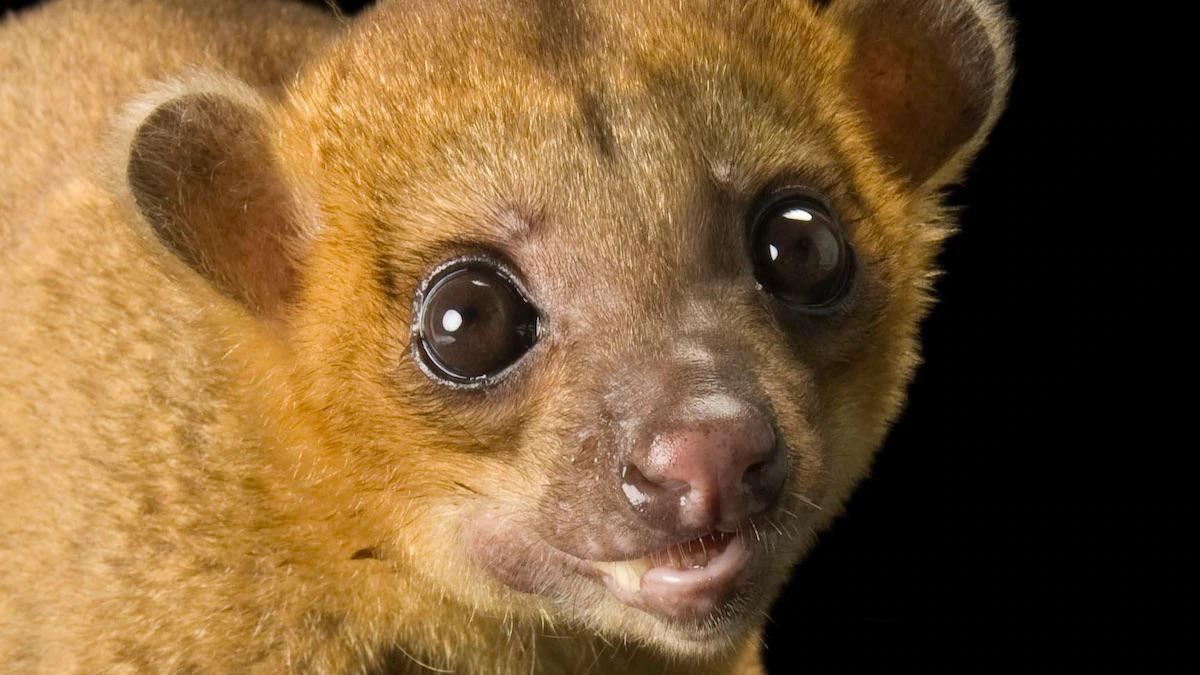
Image source: Reddit
Kinkajous are nocturnal rainforest mammals and as they are wild, they can be quite unpredictable. They are banned in some American States because of their behaviour and even though kinkajous are small, they can be dangerous and will bite with their sharp teeth.Advertisement
19. Monk Parakeets
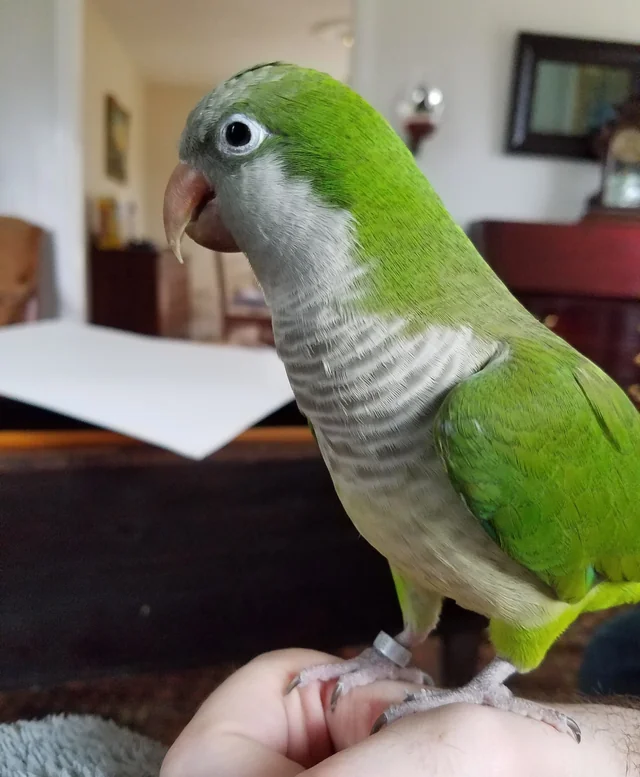
Image source: Reddit
Monk parakeets have been banned in some States and the reason is that they can damage utility infrastructure. They do this by making nests in such structures after damaging and feeding on crops. That, in itself, could lead to economic losses for the farming world.Advertisement
20. Pumas

Image source: Reddit
Pumas, known as cougars or mountain lions, are large predators. They are powerful, with sharp teeth and claws and can be unpredictable if they are cornered or feel stressed. Pumas are banned in many countries and regulations are in place to keep those in captivity sufficiently equipped for their needs.Advertisement
21. Serval Cats
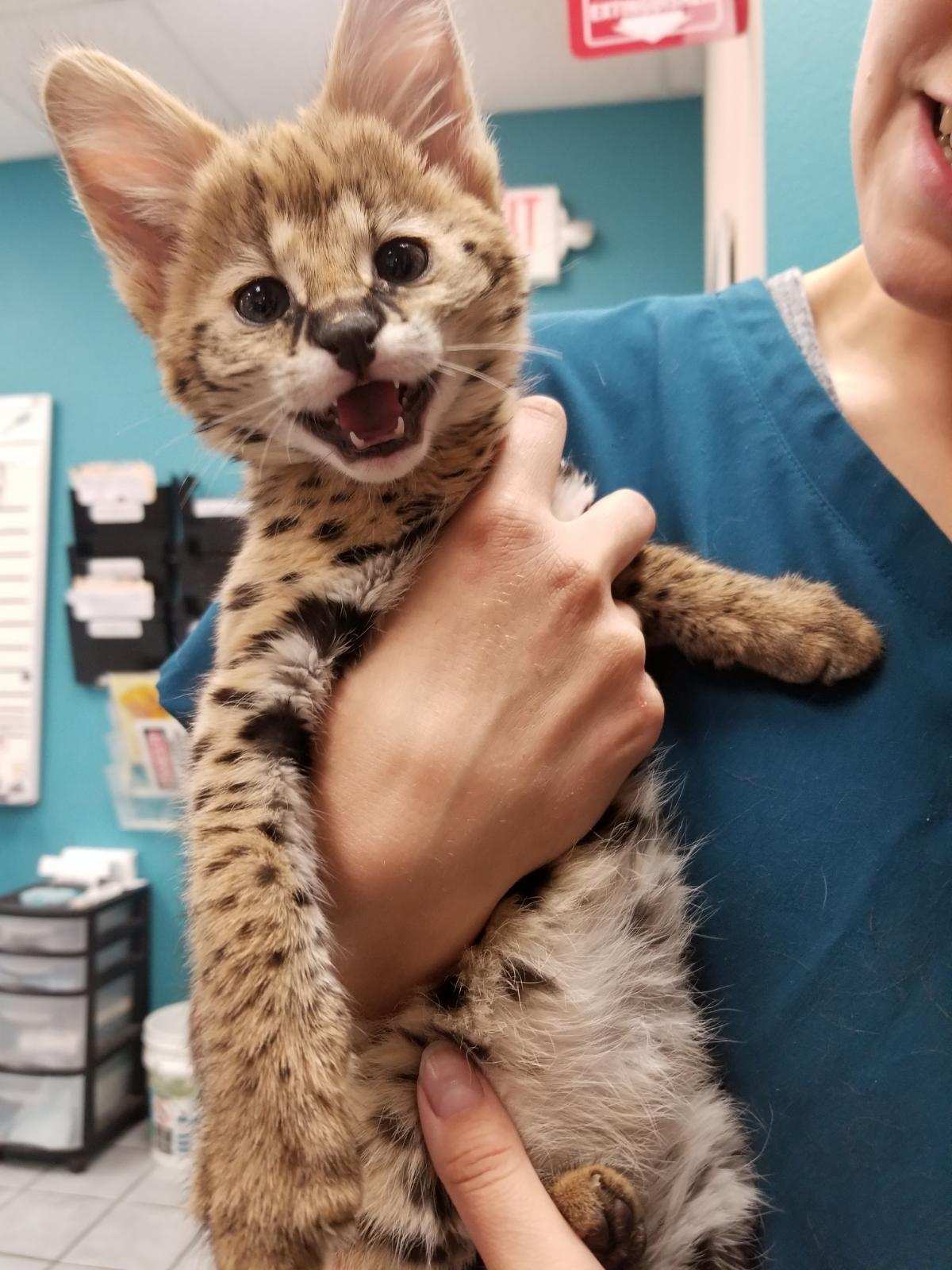
Image source: Reddit
Warning - DO NOT confuse serval cats with your house moggie. Serval cats, which some people have tried to keep as pets, has led to them being banned in States all over America and the wider world. They are not ordinarily aggressive but can "turn" on when they feel they are in danger. They require specific care which individuals don't realise.Advertisement
22. Wild Turtles and Tortoises
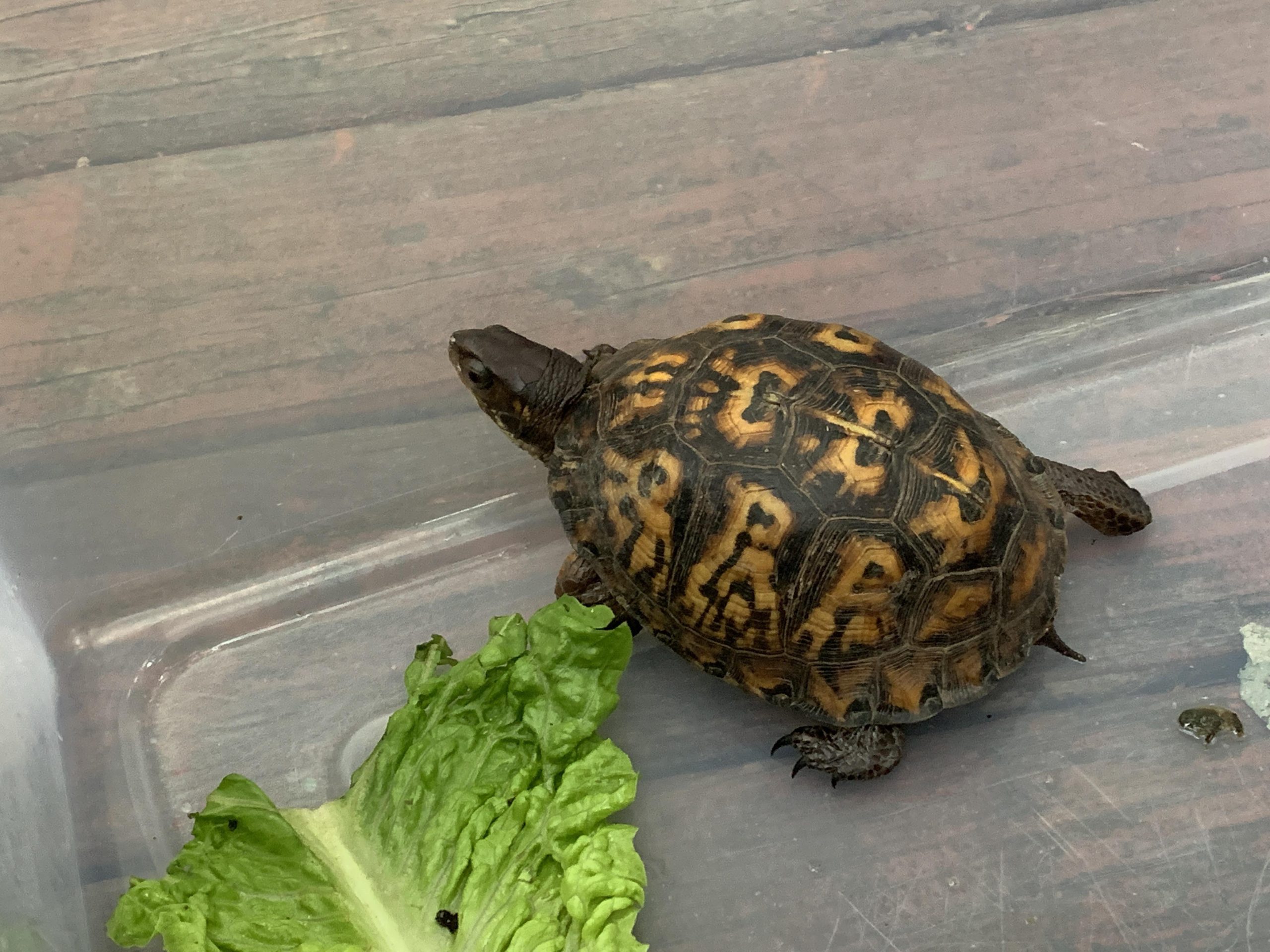
Image source: Reddit
Due to conservation concerns. many turtles and tortoises have become a threatened and endangered species. To prevent further decline and exploitation of these reptiles, there are specific laws in place, either banning them or listing specific requirements regarding their care.Advertisement
23. Wallabies
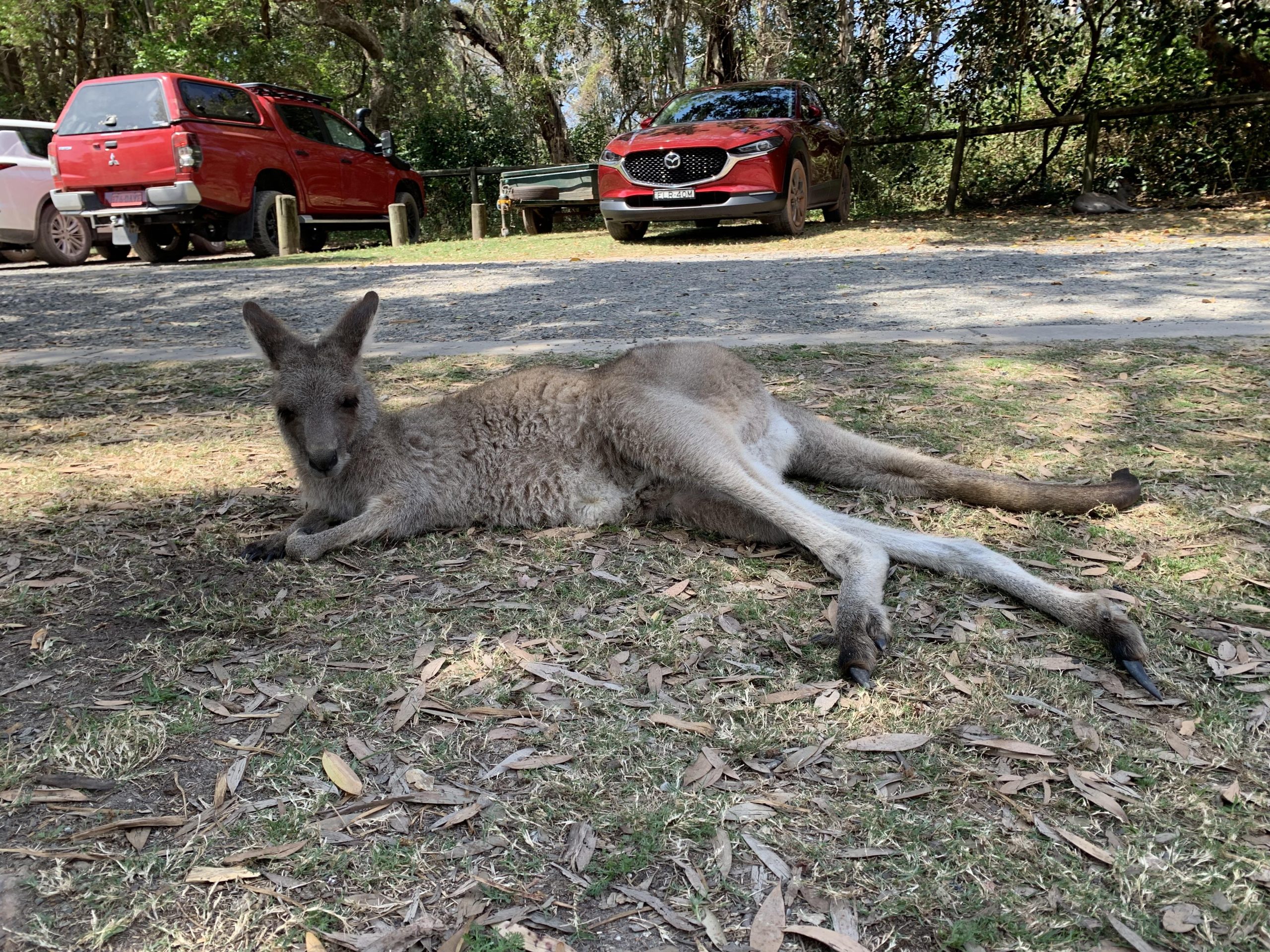
Image source: Reddit
Wallabies are considered to be an exotic species and therefore are banned in some U.S. States. Related to kangaroos, wallabies are marsupials. Ultimately, they are wild animals and are unpredictable in situations where they have become stressed or cornered.Advertisement
24. Axolotls
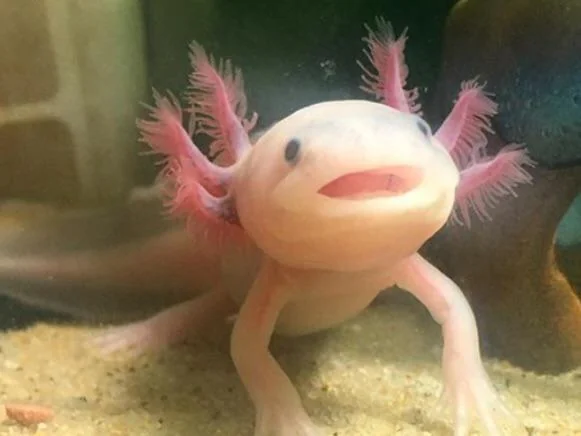
Image source: Reddit
There's no denying that axolotls look weird! They are unique salamanders that remain aquatic through the whole of their lives. Axolotls are critically endangered due to loss of habitat, water pollution and the introduction of non-native breeds. They have been banned in certain areas for all of these reasons.Advertisement
25. Venomous Snakes
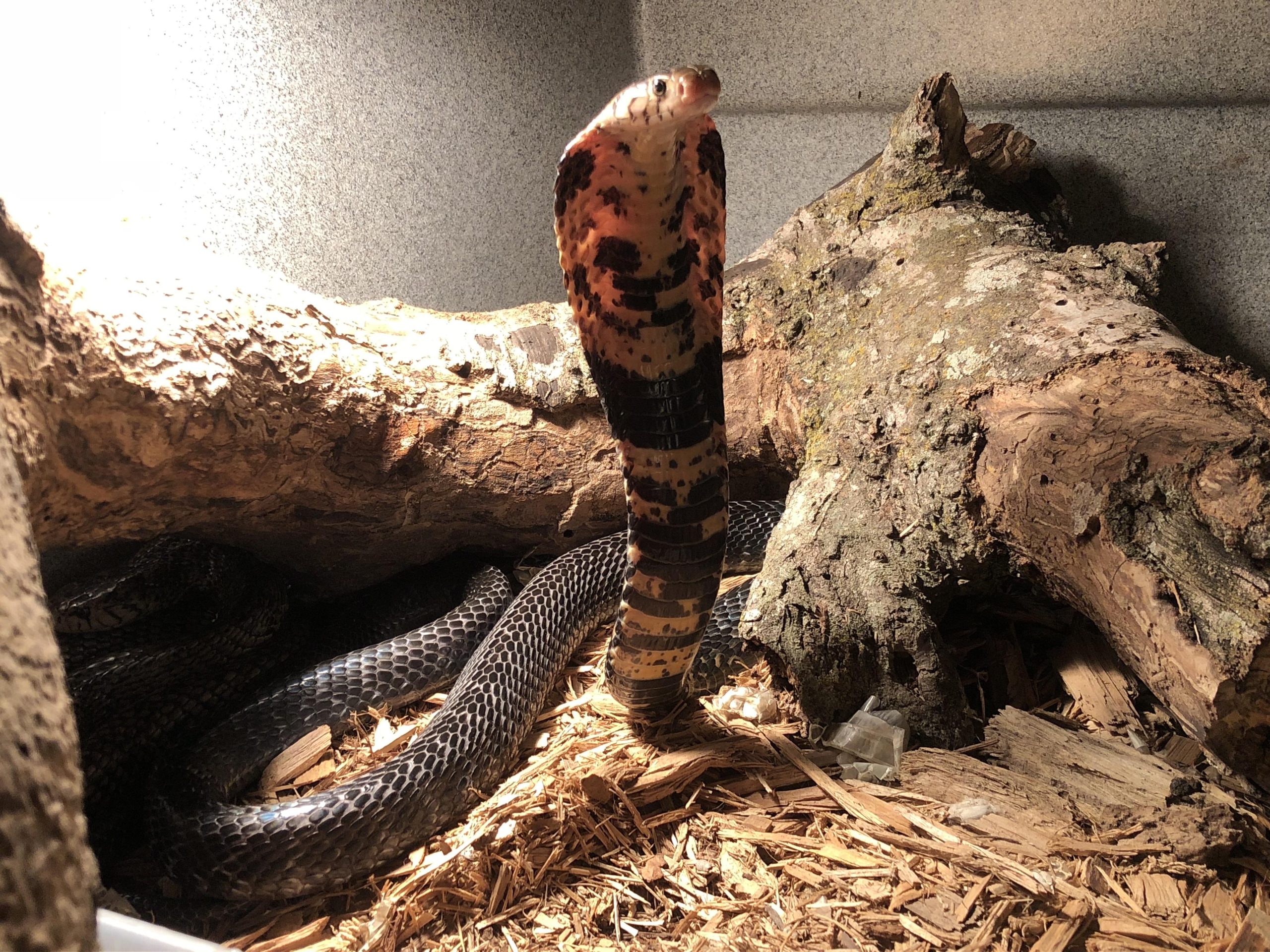
Image source: Reddit
You don't need us to tell you that venomous snakes require, first of all, a permit and secondly, specialized training. They use their fangs to inject venom into their prey and such prey can include humans. Often deadly, this is why venomous snakes are banned in many countries.Advertisement
26. Ostriches
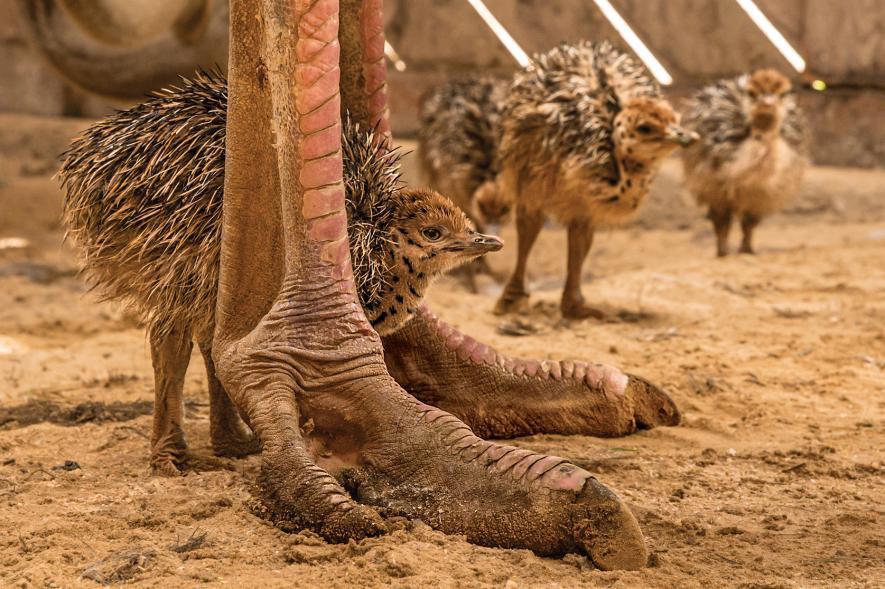
Image source: Reddit
Ostriches are big birds! This flightless species is native to Africa and as it is so large and powerful, it can be unpredictable and potentially dangerous. Ostriches have incredibly sharp beaks and strong legs that they use to kick when feeling threatened. They are banned in several countries.Advertisement
27. Asian Elephants
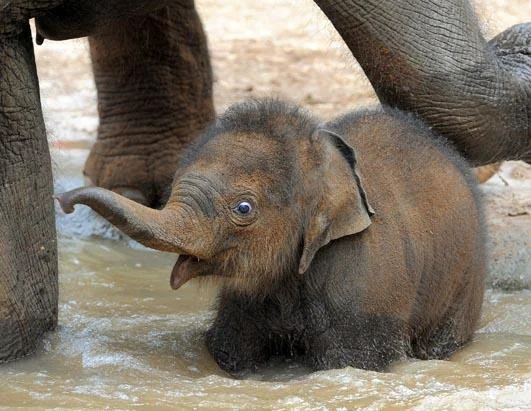
Image source: Reddit
Asian elephants, more furry than African elephants, are banned in many countries because of their size and conservation status. Although these elephants are used in some areas for work, they have become increasingly protected. They are, therefore, on a banned list in numerous countries.Advertisement
28. Leopard Geckos

Image source: Reddit
Because leopard geckos carry disease, they are banned in lots of places. These small geckos are extremely popular in the pet trade which is worrying because as they are non native, they can disrupt local ecosystems i released into the wild. They will also compete with other wildlife.Advertisement
29. Ferrets

Image source: Reddit
Banned in scores of regions due to their potential to establish feral populations, ferrets are mustelids and are related to weasels. Individuals keep them as pets and weasels can actually become domesticated. If not properly trained and handled, they can injure children in particular.Advertisement
30. African Servals
Image source: Reddit
African servals have been banned in some American States. They can be recognised by their spotted coats and are anything but cuddly! They are wild, exotic animals that have no issue in sinking their teeth into you if they feel threatened or if they are cornered.Advertisement

